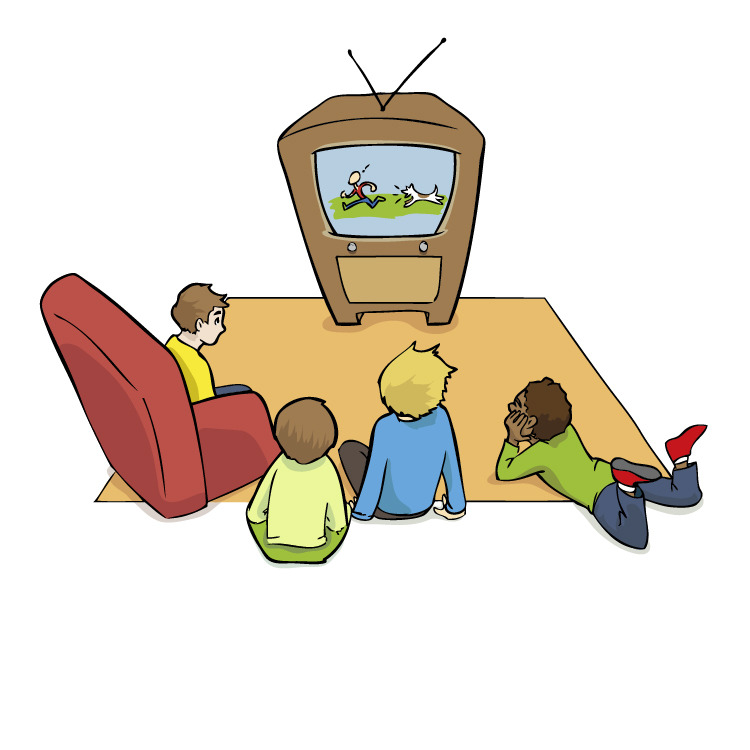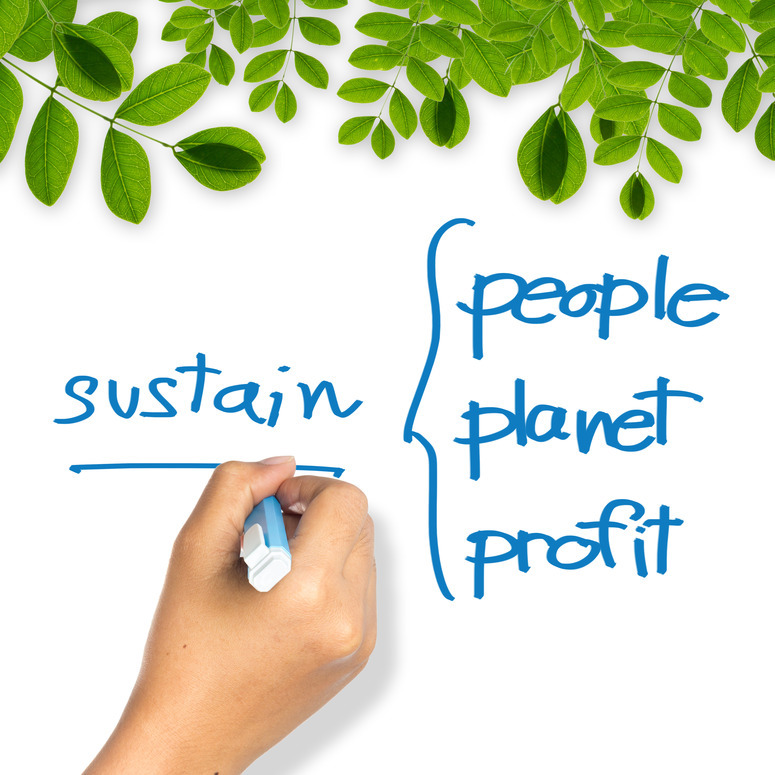Jeff Hollender
Dad and founder of Seventh Generation recalls his childhood.
What is your favorite childhood memory?
Watching television cartoons all Sunday morning with my classmates at my dad’s office during first and second grades. I got to invite my friends to the agency to watch cartoons all morning. This helped the agency decide where to advertise. It made me a popular guy.
Did it make you interested in marketing?
It fostered a great cynicism about advertising and media in the short term. Yet, if you were to ask me about my single talent, it would be marketing.
Can the skill to market be developed or is one born with it?
I certainly don’t think I was born with it. My dad was in the business side of the advertising, my mom was a dancer and actress and the creative person of our family. My life-long Republican father and progressive Democrat Mother also represented a tremendous social and political dichotomy and I think there’s some benefit in being exposed to two sort of extreme perspectives.
What is the most important investment your parents made in you?
Leaving me alone is my first response. This was in the 50’s and 60’s when parents were far less involved, and it gave me a wide latitude. I was able to have a lot of experiences that many people don’t have until much later in life and I think they contributed to who I grew up to be.
How did your ability to imagine where things are heading shape your success as an entrepreneur?
My first business when I was nineteen or twenty was called the “Skills Exchange of Toronto” just simply by being inspired by the chapter in Ivan Illyic’s book, “Deschooling Society”. I am far more driven intuitively than I am analytically. When we started 7th Generation in 1988 there was no one looking for sustainable environmental products. The only market that existed was for water and energy conservation. We were a decade ahead of our time. I did it because I was passionate about doing it and I failed to give up and walk away…... that I ultimately became successful.
Who were some of your mentors?
I’ve had a life full of mentors and in many cases they’ve lasted a lifetime. As I get older my own children, who see the world from a dramatically different perspective than I do, become my mentors. I’m fortunate to work with my oldest daughter but all three of them are my teachers at this point in my life. I can’t leave my wife out though - she approaches the world very differently than me, and is far more intuitive.
How does one connect with a Mentor?
It starts with a belief about how much you don’t know. You have to approach the world believing that there is a huge wealth of knowledge that you don’t possess. One of the challenges is that as people we’re often seduced by what we know rather than what we don’t. If you are too focused on what you know, you’re just not looking for great teachers. You have to be actively involved in facilitating a conversation with somebody and you can’t be afraid to do that. The last thing I would say is that it probably depends upon your attitude.
When you were a child did you believe in miracles and do you still believe in miracles?
I believe that anything is possible. Miracles happen when we are engaged and committed to the possibility of something happening that everyone else would tell you is impossible. I believe that solutions to the world’s biggest challenges are held back not due to the lack of technology or capability but rather by the lack of will; sometimes we need to will things into existence.
Did your parents teach you any traditions that you’d like to share with the next generation?
My father gave me good business advice. My mother was influential more in her being rather than in what she said and was a wonderful example of someone who did what she wanted to do and followed her passion. She didn’t spend a lot of time worrying if they were right or wrong or possible or impossible.
What is your advice for the next generation of entrepreneurs?
Recognizing my relative privilege as a child of affluent parents, my advise is somewhat indirect:
1) You gotta show up, you gotta be present and you gotta participate, no matter how awkward it feels.
2) You gotta not give up - you might meet five, ten or fifty people who are not receptive before you meet the one that is.
3) There’s no excuse that you don’t know someone, or you didn’t have connections. I know and believe that if you keep putting yourself out there, you will start making connections. 
What would you like them to take away from experiences you just described?
One of the biggest challenges we face is confusion about what’s in it for me vs. what’s in it for us. We too often place priority on what’s in it for me or my family or my friends rather than understanding that we are all in this together. We will never be successful at dealing with the issues, if we don’t look at the larger system and how these issues are interconnected. We need to cooperate with people who despite not sharing our issues or concerns, share our values. We need to bring together the world based on a common set of values rather than a set of issues that are important to us as individuals. 
Do you think that sustainability and market forces can play nice?
Systems tend to do what they are designed to do and through an incredibly complex set of incentives, regulations, legal and tax structures, we’ve designed the market to be very short term in focus and thus that’s how people behave. From my perspective, we won’t see huge positive change in sustainability until we begin to place value in long-term sustainability. That will happen because the negative impacts of not being sustainable get close enough at hand that we start to try to avert them or their negative consequences begin to destroy the system.
What is success mean to you? How do you define success?
Success is not about what I accomplish financially, but asking oneself “am I being the person that I aspire to be.” Success is about having clear intentions and then being focused, conscious and disciplined enough to fulfill those intentions. It doesn’t mean that being successful financially is a bad or unimportant thing but I don’t believe that
a) that would lead to a particularly satisfying or fulfilling life.
b) wanting to make money is the best way to make money.
Do what you are passionate about and really believe in. There is a chance that that will also bring you some financial reward, but that may not really matter either, if you are doing what you are really passionate about it. Carol Sanford always asked me this question, “What does the world most need that you are uniquely able to provide?” Success has a lot to do with clarity in answering that question. Success is not a state of being, it is a state of becoming. You can have moments of success on your journey but one moment of success does not guarantee another.
Roy Sirengo, Rebecca Powers & Quinn Powers; illustrations by Maegan Penley
